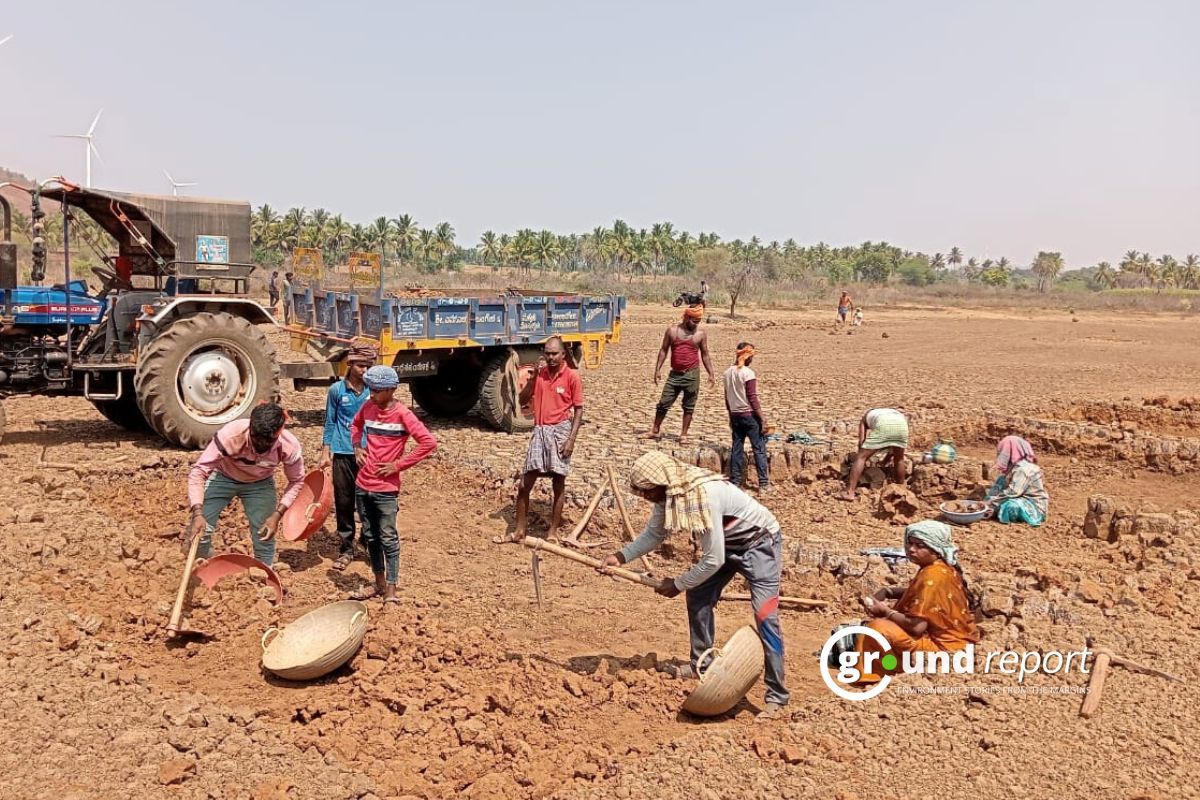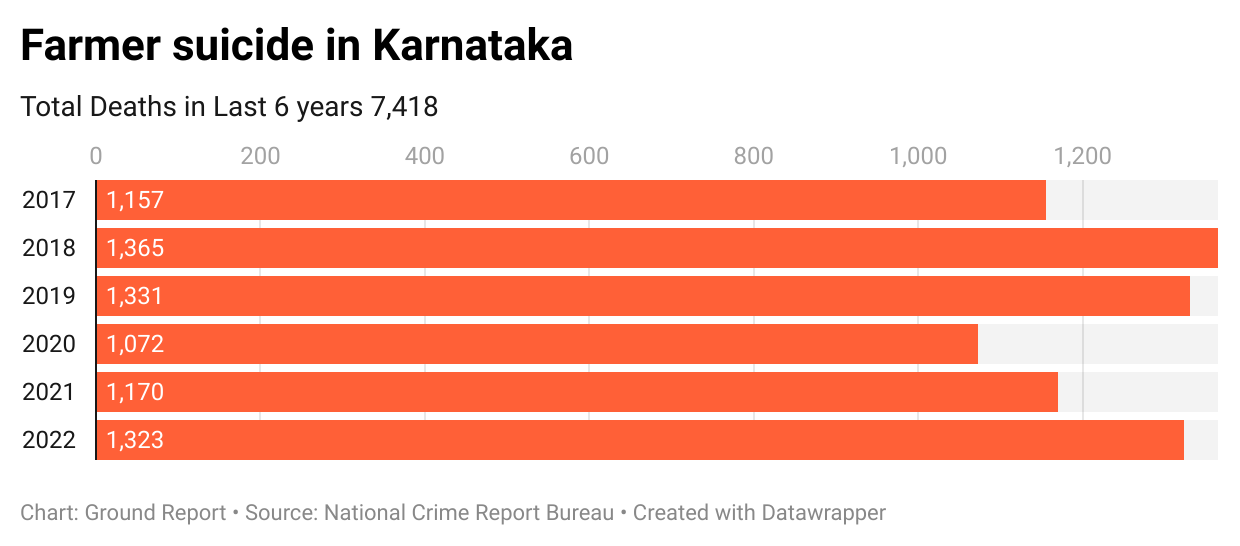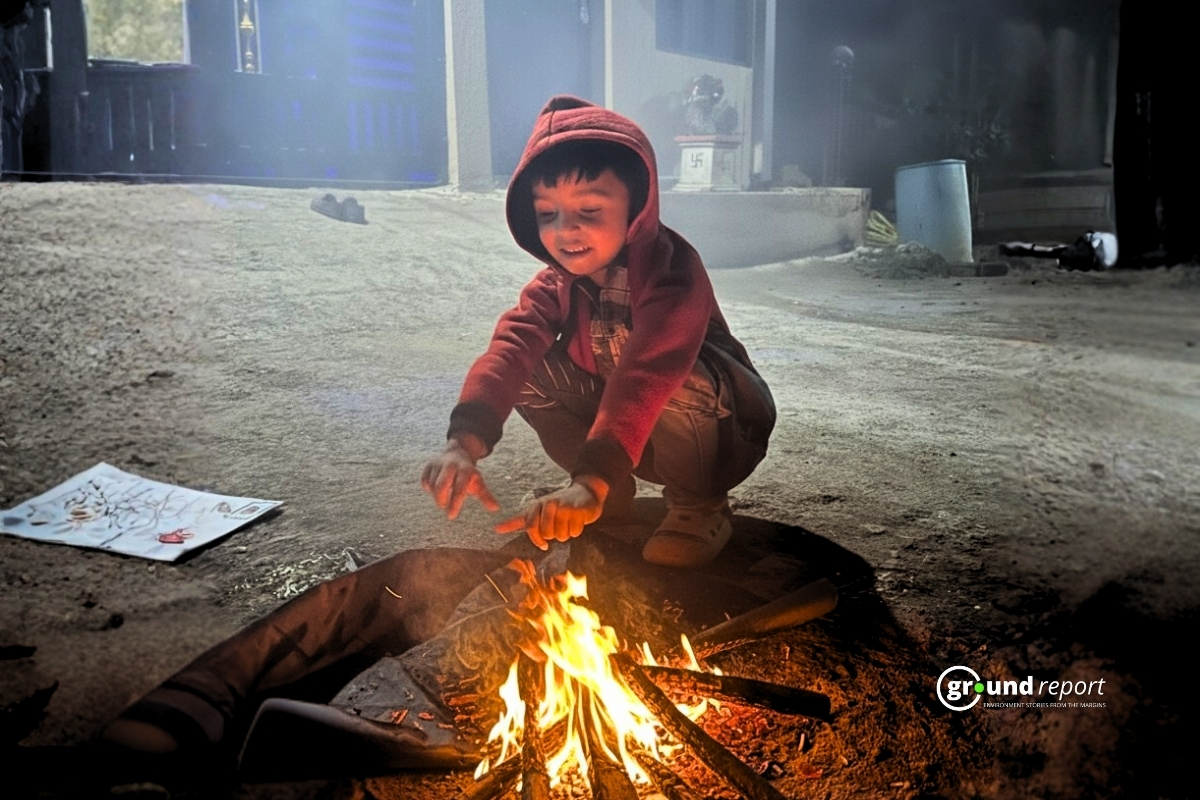With an average of more than four deaths a day, 1,240 farmers lost their lives in the last 10 months. Haveri has reported the highest number of suicides with 84 cases. According to a news report, as many as 692 farmers committed suicide in Karnataka between April 2023 and January 2024. This demonstrates significant rural misery in the aftermath of persistent drought conditions in the state. Haveri, Belagavi, and Chikkamagaluru had the highest suicide rates. In the same period, the state documented 548 accidental farmer deaths.
Haveri district of Karnataka is located in the central part of the state and is a semi-Malnad and semi-tropical region. This year the drinking water scarcity is expected to affect around 254 villages in the district. Karnataka has already declared 223 of the 236 taluks as drought-hit last year. Of these, 196 taluks are categorised as severe drought-hit and 27 as drought-hit.
The droughts in Haveri have affected the labourers and farmers drastically with crop losses and forced migration.
Drought Troubles Farmers and Labourers
“I am a widow and a sole earner in the family, these water crises have raised my struggle to fetch drinking water from tankers and look for alternative jobs due to crop failures,” said Guttemma Sunagar, a landless wage worker from Dammolli village of Haveri District.
She receives Rs. 2000 compensation from the state government. “I have two children, both in school. I am worried about their education as I am dependent on MGNREGA jobs,” she informed the Ground Report.
The acute shortage of rainfall this year has led to a significant decline, with the groundwater level dropping from 6.95 metres in October 2019 to 11.05 metres in 2023. Lack of rain has also led to the drying up of the rivers Tungabhadra, Varada, Kumadvathi and Dharma.
The situation is concerning as it has led farmers of the region to be killed by suicide. Farmer suicides in Karnataka have crossed 2,000 in the past three years. According to the NCRB data, 2020-21, 1170 farmer suicides were reported in 2022. In Haveri district only, between the periods from July 2015 to June 2016, out of 1490 farmer suicides that occurred in Karnataka, it had the highest of 57 suicide cases per lakh of farming families. This number increased to 84 between April 2023 and January 2024.
Agitated farmers and labourers protested last month in Haveri, demanding a Minimum Support Price (MSP) and financial assistance. In another protest on March 12, farmers gathered over the decrease in the prices of the famous Byadgi red chillies at the Byadagi wholesale market. A member of the Mahatma Gandhi Labour Union who wishes not to be named told Ground Report,
“We have met Shri. Priyank Kharge, (Rural Development Minister and Union Minister of Parliamentary Affairs) and Pralhad Joshi recently during Bharat Sankalp Yatra to express our demands for NREGA work and compensation, but we are still waiting for NDRF funds.”
Action by the Government
Karnataka had in its memorandum to the Centre last year sought a compensation of Rs 18,172 crore, including Rs 4,663 crore under National Disaster Response Fund (NDRF) guidelines. The state government released Rs 628 crore — Rs 2,000 per person — as interim compensation for 33 lakh farmers in the state in January. Besides this, the farmers received two instalments of Rs 2,000 under the PM-KISAN scheme over the past eight months.
As the crisis mounted, the Karnataka government identified 7,408 villages as “potentially problematic villages” in terms of water supply. After a recent meeting, the Chief Minister’s Office said that agreements were made with 7,340 private borewell owners for water supply. These villages are among the 675 villages that are already facing water problems.
“We have declared drought in 223 Taluks out of 236 Taluks in the state. We evaluated it four times. Crops have been lost in an area of 48 lakh hectares. We sent three memoranda to the Centre in a row but we did not get even a single penny so far,” Chief Minister Siddaramaiah alleged.
With the delays in the release of NDR funds, the state government has moved to the apex court with a writ petition that seeks relief under Article 32 of the Constitution. The article allows citizens to approach the apex court if they believe their fundamental rights have been violated. The Karnataka government claims that the delay in acting on the Inter-Ministerial Central Team (IMCT) report and making a final decision to release financial assistance is “ex-facie illegal, arbitrary, and violative of fundamental rights guaranteed to its citizens under Articles 14 and 21 of the Constitution of India” – the right to equality under the law and the protection of life and personal liberty, respectively.
To tackle the water crisis, five contracting firms voluntarily took up the initiative to lay a 3 km long pipeline from Heggri tank to supply water in Haveri district. The firms, namely Sri Haricons Engineers and Contractors, Hubballi, Mega Engineering Infrastructure, Hyderabad, Pruthvi Constructions, Gangavati, SR Ballari Contractors, Haveri, and SMC Infrastructures Pvt Ltd, Thane. This work will cost Rs. 1 Crore.
Delays in the release of funds and crop losses in the Haveri district have worsened the situation.
Follow Ground Report for Environmental News From India. Connect with us on Facebook, Twitter, Koo App, Instagram, Whatsapp and YouTube. Write us on GReport2018@gmail.com and subscribe our free newsletter.
Don’t forget to check out our climate glossary, it helps in learning difficult environmental terms in simple language.









